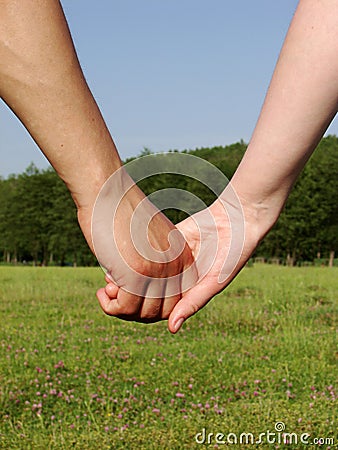I remember the first time a boy asked me this question. I was in 6th grade and he passed
me a note in science class. It read, “Will
you go out with me? Circle one. Yes
No Maybe” I was so excited! A boy liked me! But then I realized there was a problem. I didn’t like him. I circled “maybe,” because I wanted to cling
to the idea that a boy liked me and yet reserve my right to not like him
back. Yes, I was a messed up middle
school girl. And as I think back, those
years do not conjure up a lot of fond memories.
There was a lot of pressure to “go out” with someone not only from my
friends but also from within myself. The pressure I felt pales in comparison to the pressure kids feel today. I grew up in the days when social media was
unheard of and cell phones were hardly ever portrayed in a movie, and even then, I
wasn’t convinced phones without cords were real. Now,
children rarely escape the pressure when they go home from school. Instead they get to live it all over again
via facebook, twitter, instagram, or other forms of social media.
Fast forward to today, and I have a middle schooler of my
own. He’s pretty good looking and respectful. Consequently girls go after him like bees to
honey. He can’t even accompany me to the
grocery store without anonymous girls following us, giggling, and snapping his
picture on their phones. The pressure
for him to “go out” with a girl is far greater than it ever was for me to date
a boy at his age. The truth is, he likes
girls – not necessarily the ones harassing him – but girls in general. He also wants to fit in, and isn’t especially
thrilled when his male friends teasingly call him “gay” because he doesn’t have
a girlfriend.
Truth be told, I didn’t entirely see this coming. I knew there would be some pressure, but not the
extreme pressure he feels at times.
However, it has helped that we’ve clearly established “dating guidelines”
in our home and started talking about them at age 9.
Guidelines We Emphasize In Our Home
1)
Girls are valuable people made by God to be
treasured. Their hearts are tender and
some girls give their hearts away not knowing how painfully they can be
hurt. Never intentionally accept a girl’s
heart if you can’t promise to protect it.
2)
Dating is not the method we use to learn about
ourselves, meet a new girl, or experiment physically. Dating in no way is supposed to fulfill our
lustful desires. Using another person to
get what you want is a sin.
3)
The purpose of dating, or courting, is to determine
if a girl, who you already know and like, is marriage material. Could you spend the rest of your life with
this one person? If you already know you
could not, walk the other way.
4)
If you are not old enough to get married, you
are not old enough to date. Socially
going out with friends, boys and girls in a group, is absolutely fine. But forming a deep intimate relationship with
a girl before you can actually commit to her in marriage could potentially lead
to problems.
I understand our family’s dating perspective is
abnormal. I know there are a few high
school sweethearts who have been married for a very long time, and I do not
doubt that good relationships can occasionally be formed during the high school
years. And to the surprise of some, we
aren’t necessarily opposed to young people getting married soon after high
school. But the hearts of my son and
future daughter-in-law are very precious.
Does that mean these guidelines will prevent them from heart ache? No.
But some heart ache can be prevented.
No 11 year old needs a boyfriend or a girlfriend. In fact, very few 16 year olds are even
capable of having a God honoring romantic relationship with a person of the
opposite sex.
 |
I have taught in secondary education for a very long time
and witnessed the heart ache and drama that occurs between teenagers “in love.” Those relationships are highly emotional and
can impact their lives in very negative ways, especially when conflict creeps
in. Very few teenagers understand what
love is, and most are only in relationships to get what they want out of them. A good marriage relationship is the opposite
of the typical high school relationship.
Loving your spouse isn’t about getting what you want, but about putting your
spouse’s interests before your own. A
good marriage is a sacrificial marriage.
There are no guarantees in life, but teaching my son to
pursue God honoring relationships before marriage helps to set him up for a
successful marriage. It may not alleviate
the peer pressure at school, or keep the girls away, but it does help him to
understand what kind of husband he should be and to seriously consider what
kind of woman he should look for to be his wife.
1 Corinthians 10:31-32a “So eat and drink
and do everything else for the glory of God. Don’t do anything
that causes another person to trip and fall.”

